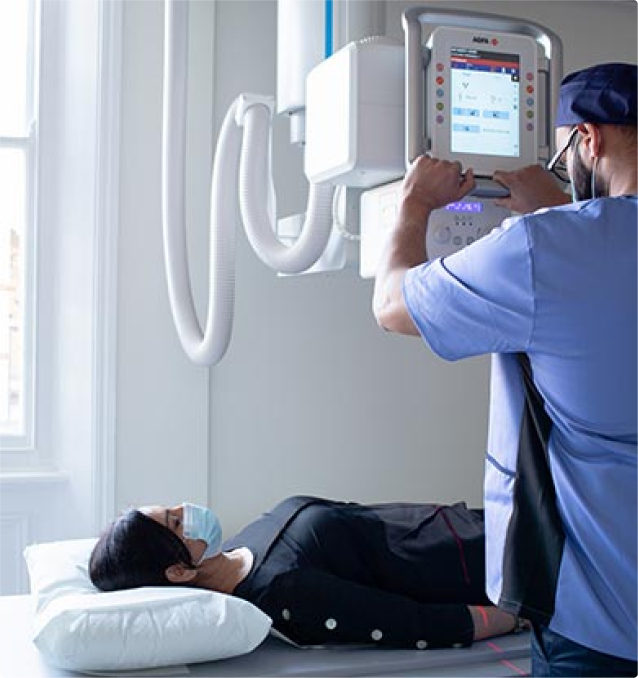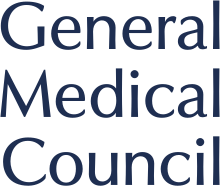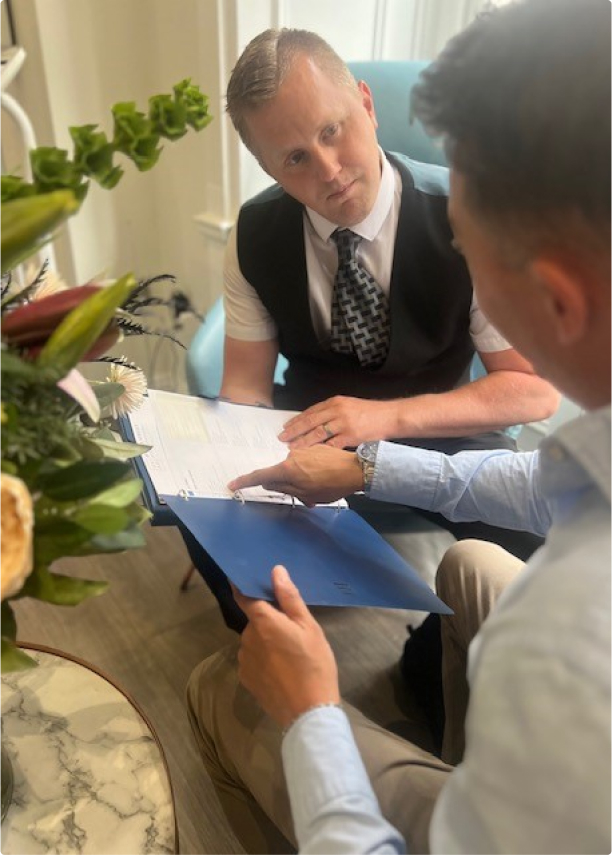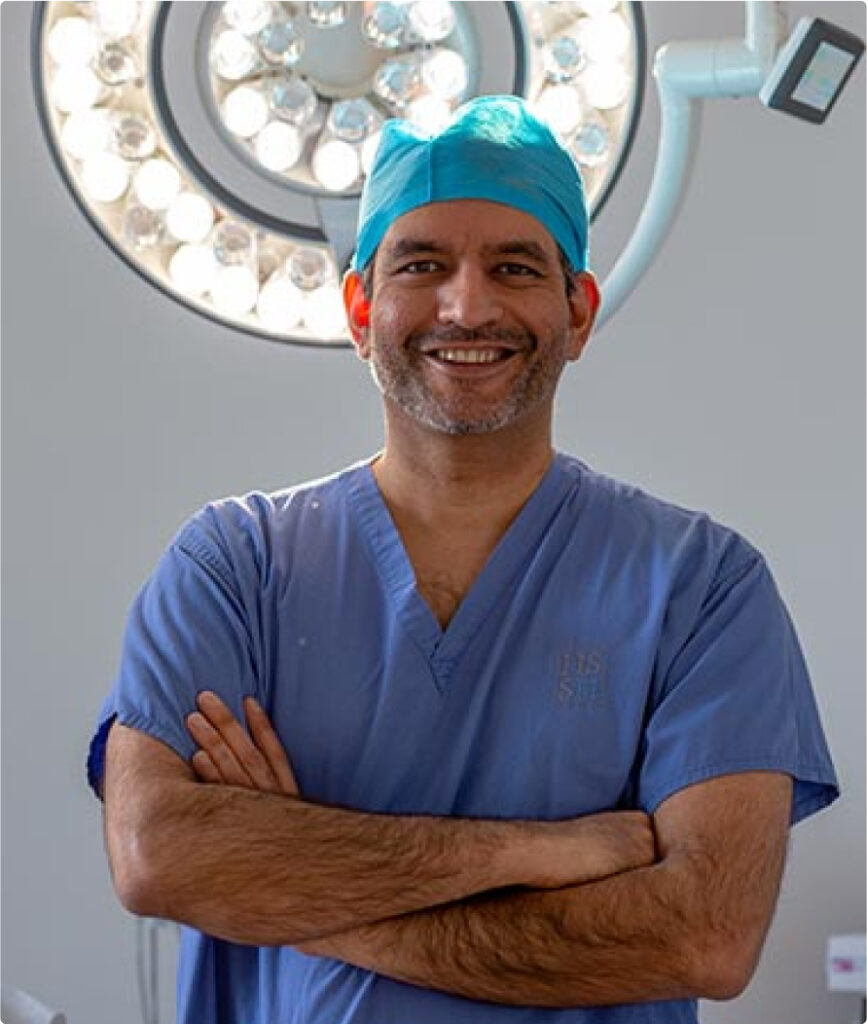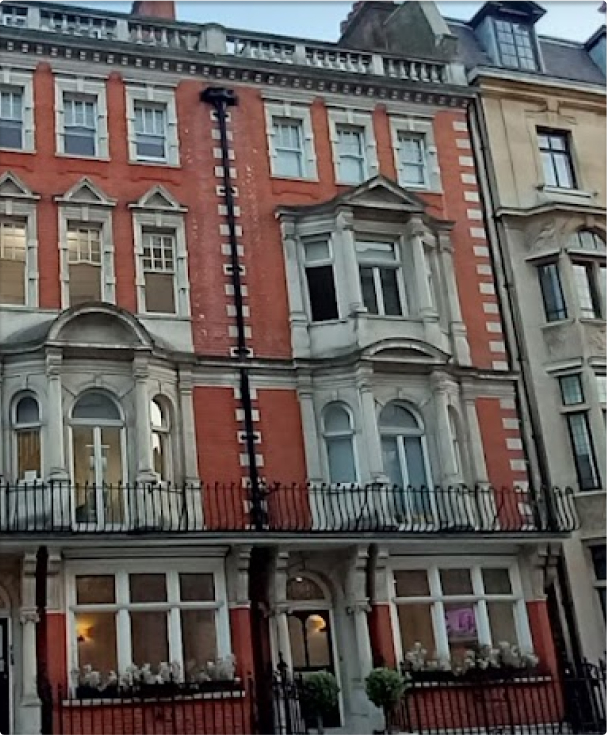Award winning Specialist
Dental Implants London

Dental implants are an effective way to get a healthier, more confident smile. These small titanium screws secure artificial teeth in place, so you can eat, talk, and smile with confidence. This is one of our most popular oral and maxillofacial surgical procedures, so find out everything you need to know about getting dental implants at Harley Street Specialist Hospital below.




